Regulatory Engagement
IREC improves rules, regulatory policies, and technical standards to streamline the installation of clean energy and decarbonize the nation's buildings and vehicles.IREC facilitates policies and regulatory reforms that allow more communities to benefit from clean, renewable energy. IREC’s achievements are helping policymakers fight climate change and make clean energy accessible to everyone. We encourage and prioritize new policies to benefit low- to moderate-income consumers and disadvantaged communities.
IREC’s independent voice, policy expertise, and national insight help inform and guide the regulatory process. We are a national leader in regulatory policy for distributed energy resources, such as rooftop solar and energy storage. IREC’s guidance is helping integrate clean energy into the electric grid and optimize its benefits in emerging and established markets alike.
How We Work
Regulatory Engagement. IREC participates in regulatory proceedings across the United States to build consensus-based, viable solutions that enable higher penetrations of distributed energy resources and streamline the process of connecting to the grid. IREC coordinates with diverse local and regional stakeholders and provides independent, fact-based policy leadership informed by our multi-state engagement and national perspective.
Technical Assistance. IREC partners with other organizations and the U.S. Department of Energy, through initiatives like Building a Technically Reliable Interconnection Evolution for Storage (BATRIES), to provide technical support and guidance that informs efforts to advance solar, storage, and other clean energy technologies. IREC leads the SolSmart program, which has offered no-cost technical assistance to help more than 400 communities encourage solar energy growth.
Model Rules and Best Practices. IREC develops national thought leadership and foundational resources on critical policy topics, such as energy storage, integrated distribution planning, and low- to moderate-income customer access to clean and affordable energy. IREC’s resources include model rules and best practices guidelines, such as for interconnection and shared renewables.
IREC’s Core Regulatory Issues
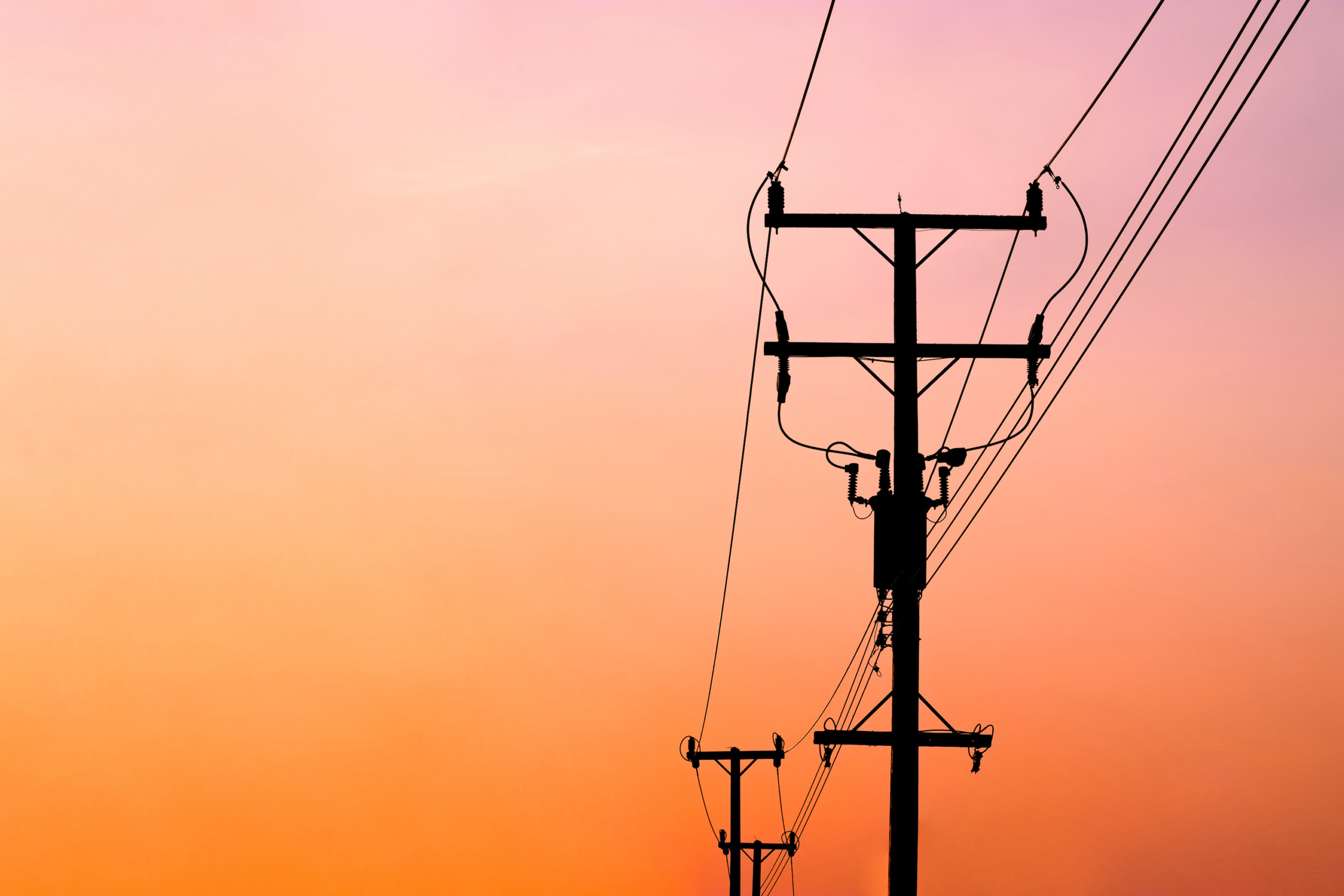
Connecting to the Grid
Interconnection standards are the “rules of the road” for the electricity grid. They specify the processes, costs, and timelines associated with connecting renewable energy systems, energy storage, and other distributed energy resources. Today, more and more states are launching interconnection proceedings to address the ongoing growth of renewables and distributed energy.
IREC fills a prominent need to assist both leading and lagging states as they work toward adopting the next generation of interconnection best practices. We work in states across the country and through national forums to make connecting to the grid more affordable, efficient, and cost effective. IREC’s Model Interconnection Procedures help inform and guide stakeholders as they develop and refine interconnection rules.
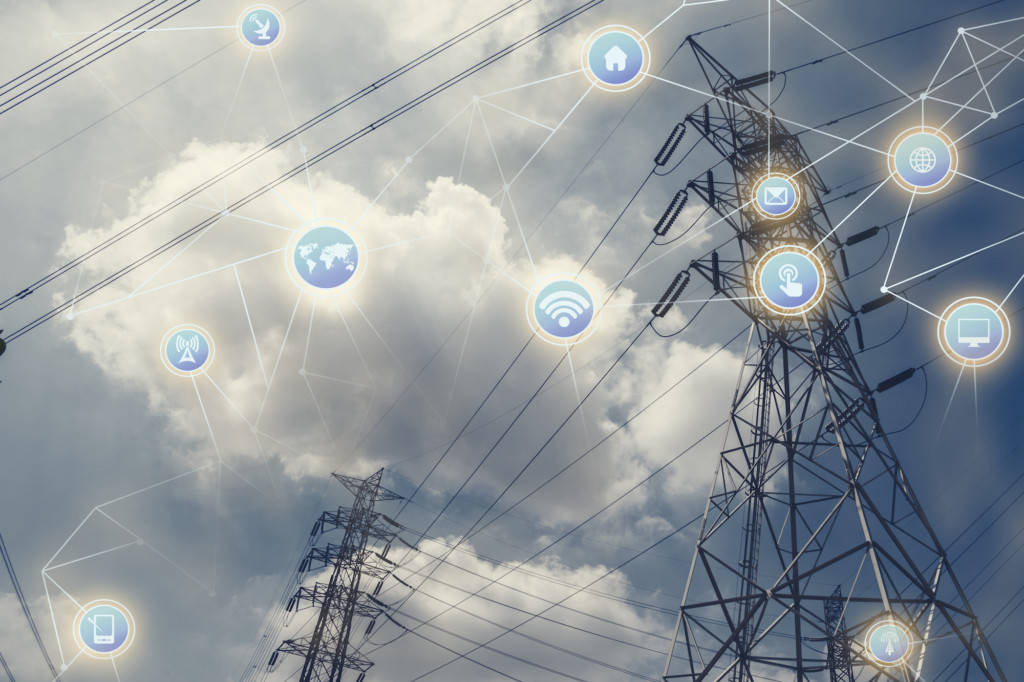
Grid Modernization
The nation’s electric grid infrastructure is getting older. With renewable energy expanding rapidly, considerable investments will be needed in the coming years to address changing demands on the grid. As part of larger grid modernization efforts, states and utilities are setting in motion long-overdue updates and reforms to their century-old electric systems and regulatory regimes. However, not all investments may be warranted or beneficial from an economic, environmental, or societal standpoint.
IREC provides input and guidance to help regulators, utilities, and regulatory stakeholders identify workable methods to optimize the integration of distributed energy resources on the grid. We help stakeholders navigate, analyze, and make more informed decisions about grid modernization proposals, distribution plans, and grid investments across the United States.
IREC’s Playbook for Modernizing the Distribution Grid is an evaluation toolkit to help regulatory stakeholders navigate, analyze, and make more informed decisions about grid modernization proposals, distribution plans, and grid investments. The IREC report Optimizing the Grid: A Regulator’s Guide to Hosting Capacity Analyses for Distributed Resources helps guide state regulators as they oversee utilities developing hosting capacity analyses to integrate DERs on their distribution systems.
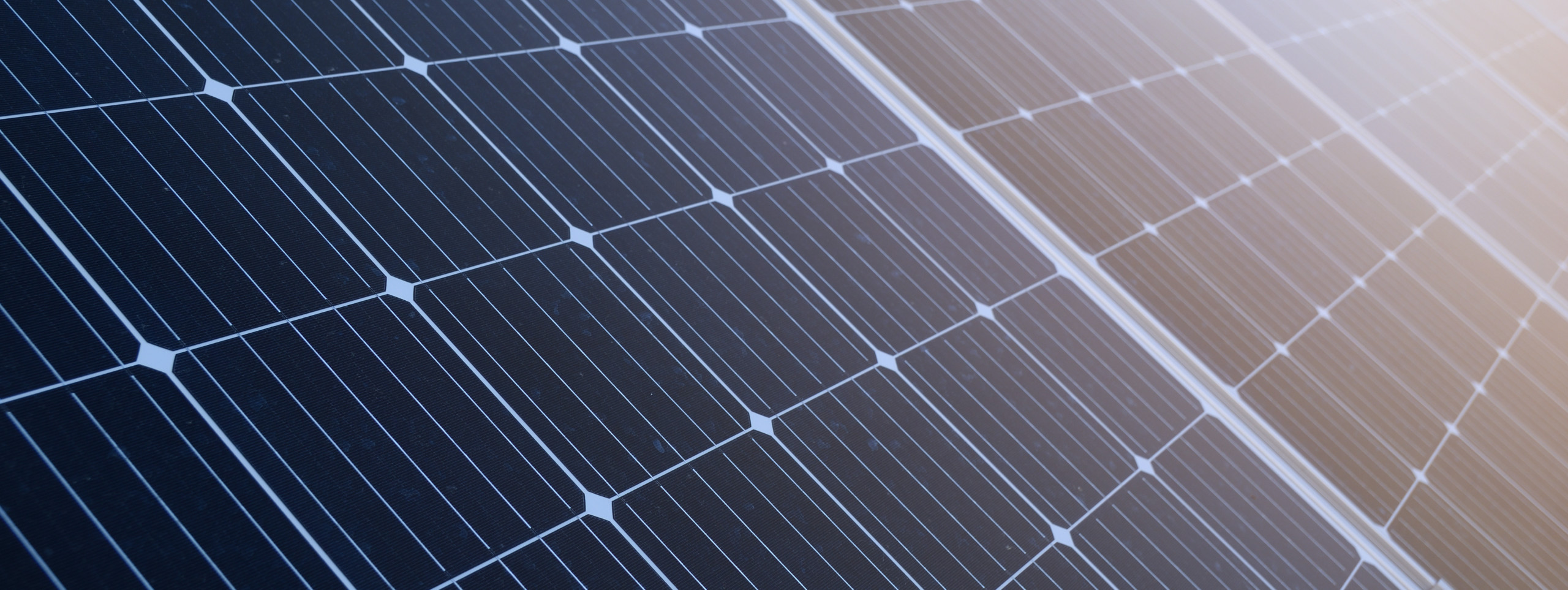
Smart Inverters
Smart inverters are an emerging technology that can help integrate solar energy and other DERs into the electric grid. Like traditional inverters, smart inverters convert the direct current output of solar panels into the alternating current that can be used by consumers in their homes and businesses. Smart inverters go beyond this basic function to provide grid support functions, such as voltage regulation, frequency support, and ride through capabilities.
IREC is actively involved in state proceedings that tackle the issue of how to integrate and harmonize updated smart inverter standards into their rules, such as IEEE 1547-2018.
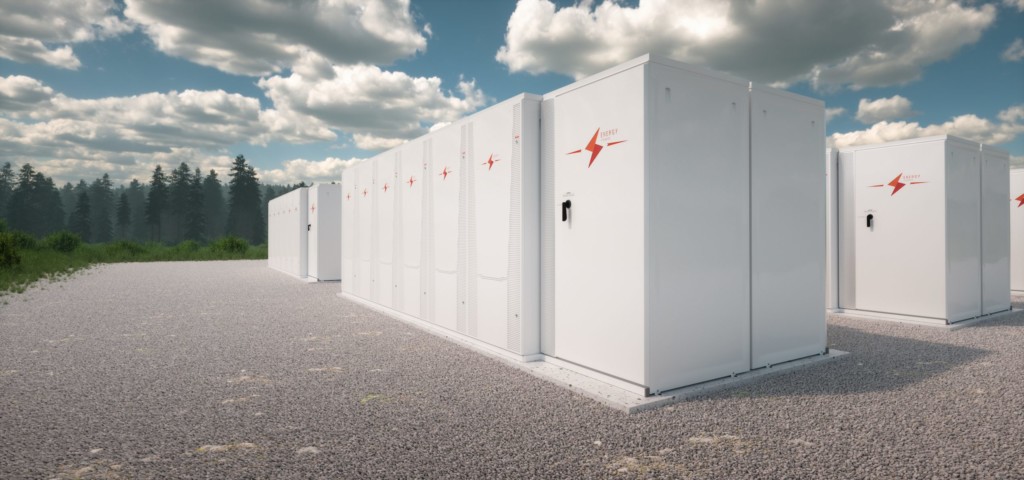
Energy Storage
Advanced energy storage technologies, such as solar and battery storage, are coming into widespread use. However, energy storage still needs a clear policy and regulatory framework to scale across all markets. IREC’s leadership and guidance, particularly on distributed energy storage, is facilitating the development of foundational regulatory policies to enable near-term and long-term growth. The IREC report Charging Ahead: An Energy Storage Guide for Policymakers identifies four key policy actions states should consider in order to enable viable energy storage markets.
In 2020, IREC kicked off a 3-year project funded by the Department of Energy called Building A Technically Reliable Interconnection Evolution for Storage (BATRIES) to identify critical storage challenges and develop solutions to address them.
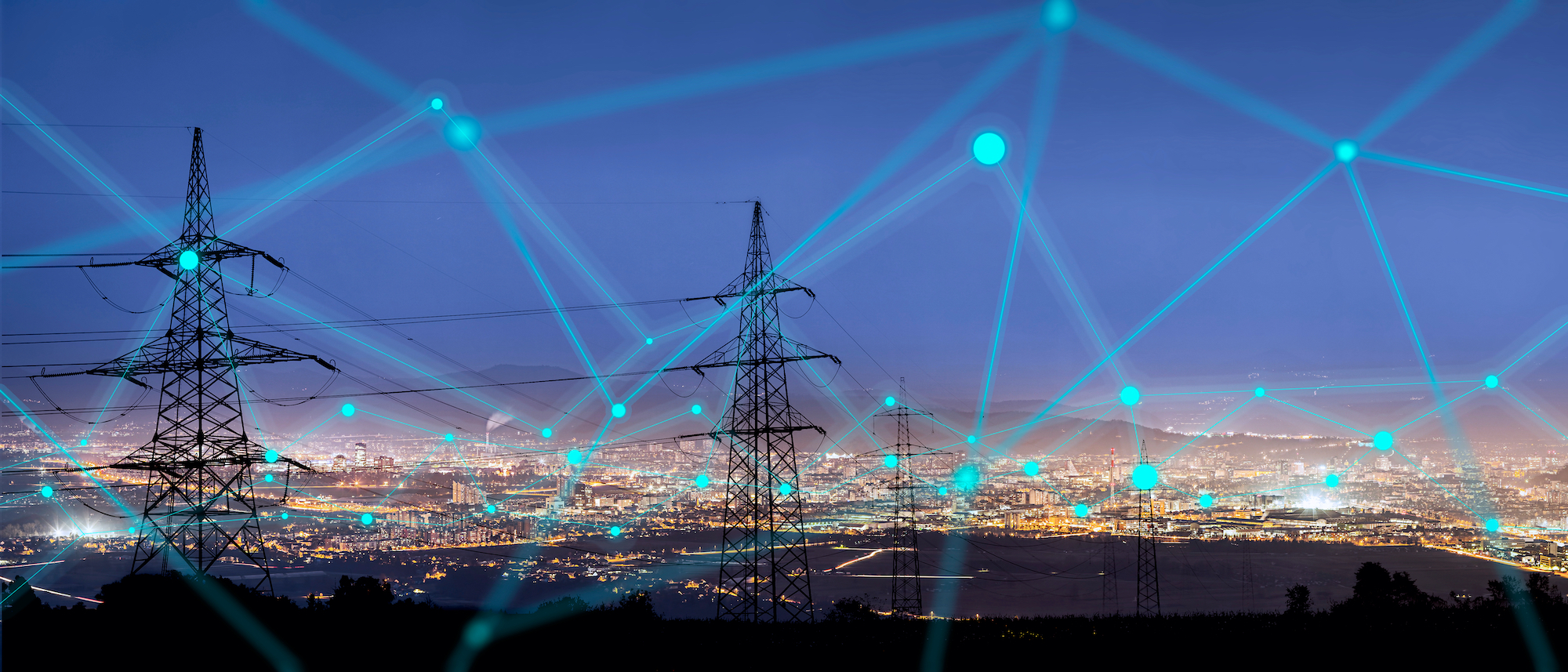
Clean Energy Technical Standards
IREC plays a leading role in developing and implementing technical standards to integrate distributed clean energy on the grid. IREC provides education, regulatory guidance, and support for state consideration and adoption of clean energy standards, including the recently adopted IEEE 1547-2018.
IREC also hosts Customer Grid Edge (CGE), a committee of experts that seeks to improve interoperability between energy service providers and customer-sited equipment, including renewable energy, energy storage, and microgrids.
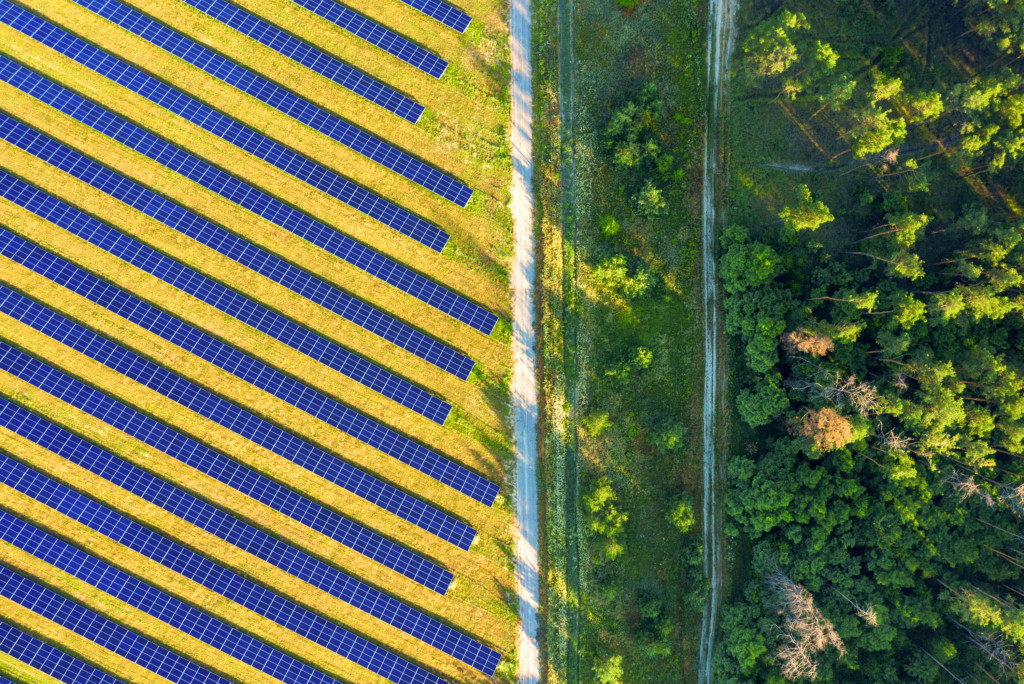
Shared Renewables
Shared renewable energy—sometimes called community renewables—is increasingly popular. More and more states and utilities are developing programs, policies, and projects to expand clean energy access to more consumers. IREC has been at the forefront of shared renewable energy growth in the U.S. by developing model rules, guiding principles, a state policy catalog, and other tools to lay the foundation for best practices in program and policy design.
IREC’s National Shared Renewables Scorecard evaluates state shared renewables programs using objective criteria based on best practices for program design. It provides a valuable tool for policymakers, regulators, and other stakeholders to compare active state programs and determine program strengths, weaknesses, and opportunities.
A related issue is expanding access to solar and other renewable energy at multifamily buildings. IREC develops tools, resources, and policy recommendations to encourage multifamily solar access.
Regulatory Insights on the IREC Blog
From interconnection to energy storage and shared renewables, IREC’s regulatory blog posts feature our experts’ independent voice, policy expertise, and national insights.
The Energy Optimist Podcast
IREC’s Energy Optimist Podcast tackles a thorny energy policy challenge in 25-minute bite-sized interviews with leading experts every month. The host, Radina Valova, Vice President of IREC’s Regulatory Program, starts with the bad news and ends with what increasingly feels like a radical idea: that there are reasons for optimism.